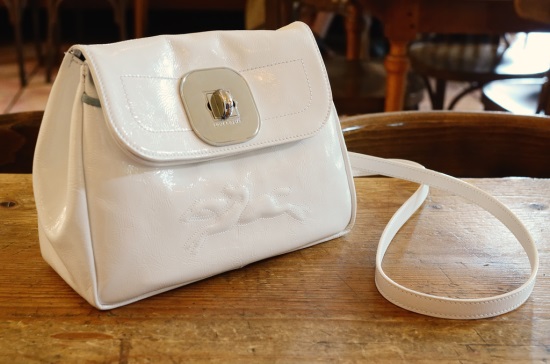Luxury brands have returned with a vengeance following several tough years of recession, with brands such as Burberry and Mulberry recovering admirably from strings of profit warnings announced only last year. This has led many fashion houses to eye their expansion options, with property in London becoming particularly desirable thanks to an influx of international businesses and consumers.

Now, handbag maker Longchamp has made the decision to open its third London store in a bid to capitalise on the huge demand emanating from the city. The flagship store, located on Regent Street, is the brand’s largest European store to date and its opening coincided with the launch of London’s Fashion Week, benefiting from the huge international attention focused on the iconic event.
The 54,000 square foot property is also expected to benefit from its proximity to top international brands, with US contemporary fashion label J. Crews currently poised to open a neighbouring unit later in the year. Altogether, Longchamp now owns and operates 250 stores and concessions across Europe, Asia and America, with new store openings in the pipeline for cities such as Barcelona, Munich and Rome in the coming months.
Longchamp’s new store opening has been seen as a vote of confidence into the capital’s economy, which suffered considerably during the recession. However, chief executive Jean Cassegrain claims that any fluctuations in the economy will not overly concern him as the brand is keeping its long-term goals firmly in mind.
He says; “The economy may be good or not good.
“But what we believe, and what is important, is it is a good location for the brand/
“It’s a place where the brand should be for the next 10 to 20 years – whether we open in a good year or a bad year, it doesn’t make a difference.”
Mr Cassegrain believes that the strong family ties are a key factor in Longchamp’s enduring success over the past 65 years. Founded by his grandfather of the same name in 1948, and since then has been wholly owned and controlled by family members – this makes the brand something of an anomaly in a time where stock market flotation has become commonplace in business.
Longchamp has seen an impressive 75 per cent sales growth in the past three years, largely thanks to high demand in emerging Asian markets. However, Mr Cassegrain remains insistent that the brand will continue to expand in all core markets in order to access a wider consumer base.
He continues; “You can’t really afford to leave any market out.
“In today’s world you really have to be global; the ones who aren’t organising themselves to be global have no future at all.”
Do you think Longchamp is investing wisely for the long term by snapping up European commercial properties at favourable rates, or will the ongoing Eurozone Crisis make store openings in cities such as Barcelona an unprofitable venture?
No related posts found for this post.